Action
Playing our part
Welcome to the fifth of six of our small-group sessions exploring why and how the church should respond to the climate emergency. This week we are going to ask how we should act in response to the climate emergency.
One of the discussion topics during this session is what you found from calculating your carbon footprint. It will be useful if you do this before embarking on the session (especially if you are doing this as a group). There are a number of tools available on the internet for doing this and we have listed three that are easy to use an informative on this page.
Listening for God’s call
Confronted with any challenge most Christians will want to offer it to God in prayer. Many will want to leave it with God assuming that this is all that is required … but there is another component to prayer, which is listening for God’s response. We have to listen for that response because it might require something of us.
We’re going to start off sharing a prayer, attributed to Teresa of Avila, that reinforces this idea. I’ve changed it from the 2nd person in the original “Christ has no body but yours” to the first person “Christ had no body but ours” .
Christ has no body but ours,
No hands, no feet on earth but ours.
Ours are the eyes with which he looks compassion on this world,
Ours are the feet with which he walks to do good,
Ours are the hands with which he blesses the world.
Amen
Perhaps the biggest challenge to any Christian in discerning how to respond to the climate emergency is the sheer scale of the problem. There are so many things that must be done including many things that are completely beyond our control – economic growth in China, for example. Let’s start off with a Bible reading which might have a new and helpful resonance in this context.
1 Corinthians 12:4-12 (NRSV)
Now there are varieties of gifts, but the same Spirit; and there are varieties of services, but the same Lord; and there are varieties of activities, but it is the same God who activates all of them in everyone. To each is given the manifestation of the Spirit for the common good. To one is given through the Spirit the utterance of wisdom, and to another the utterance of knowledge according to the same Spirit, to another faith by the same Spirit, to another gifts of healing by the one Spirit, to another the working of miracles, to another prophecy, to another the discernment of spirits, to another various kinds of tongues, to another the interpretation of tongues. All these are activated by one and the same Spirit, who allots to each one individually just as the Spirit chooses. For just as the body is one and has many members, and all the members of the body, though many, are one body, so it is with Christ.
Question 1: How can we apply this passage to help us in responding to the climate emergency?
You will probably want to move beyond a literal reading of the passage.
I hope that at least two issues arose from your discussion. The first is that we should concentrate our own efforts on making the best use of the individual gifts we have been given. The second is that we should support others who have been given different gifts. If we are to emerge from this crisis then everyone, inside the church and without, will have to make their own contribution, using the individual gifts with which they have been blessed.
The rest of this session will look at different ways in which different people might be able to respond to the climate emergency as a framework for discerning which different part each of us has to play.
First we’ll return to Christian Figueres and the interview we heard excerpts from in the second session of this series. Here she is talking about how we can reduce carbon dioxide emissions as society and as individuals.
Question 2: Have a chat about what you found from calculating your carbon footprint?
We’re now going to listen to a young Christian talking about the choices she has made in response to the climate emergency. Rachel is a friend of ours who Liz and I met at Greenbelt the year before last when we were all volunteering for Christian Aid. She now works for a climate charity called Hope for the Future based in Sheffield. Here is part of an interview recorded for a podcast for www.nomadpodcast.co.uk.
Question 3: Share any experiences you have of making choices that are costly. Have you “found new sources of life in being able to make those decisions”?
This is a five minute video about Holly, another young Christian activist.
Question 3: Not all of us will feel called to express our faith in the same way as Holly … but what can we do to support those who do?
Our final discussion starter is a video of a woman at a different stage in her life.
Question 4: How is God calling each of us to use our individual gifts in response to the climate emergency?
We’re going to finish off by listening to a song from Nicaragua that calls us to action.
This is the end of the fourth session. If you are working through this as a group you might like to spend a few moments praying together in light of what you have learnt and shared.
